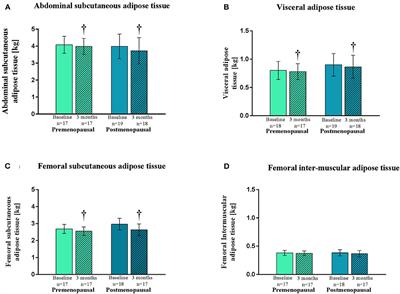EDITORIAL
Published on 20 Jan 2021
Editorial: Exercise and Sport: Their Influences on Women's Health Across the Lifespan
doi 10.3389/fphys.2020.615468
- 3,115 views
23k
Total downloads
114k
Total views and downloads
Select the journal/section where you want your idea to be submitted:
EDITORIAL
Published on 20 Jan 2021
ORIGINAL RESEARCH
Published on 30 Jul 2020

ORIGINAL RESEARCH
Published on 24 Jul 2020

SYSTEMATIC REVIEW
Published on 07 Jul 2020

REVIEW
Published on 26 Jun 2020

ORIGINAL RESEARCH
Published on 17 Jun 2020

ORIGINAL RESEARCH
Published on 12 Jun 2020

ORIGINAL RESEARCH
Published on 10 Jun 2020

ORIGINAL RESEARCH
Published on 25 May 2020

MINI REVIEW
Published on 08 May 2020


Frontiers in Psychology
Frontiers in Sports and Active Living